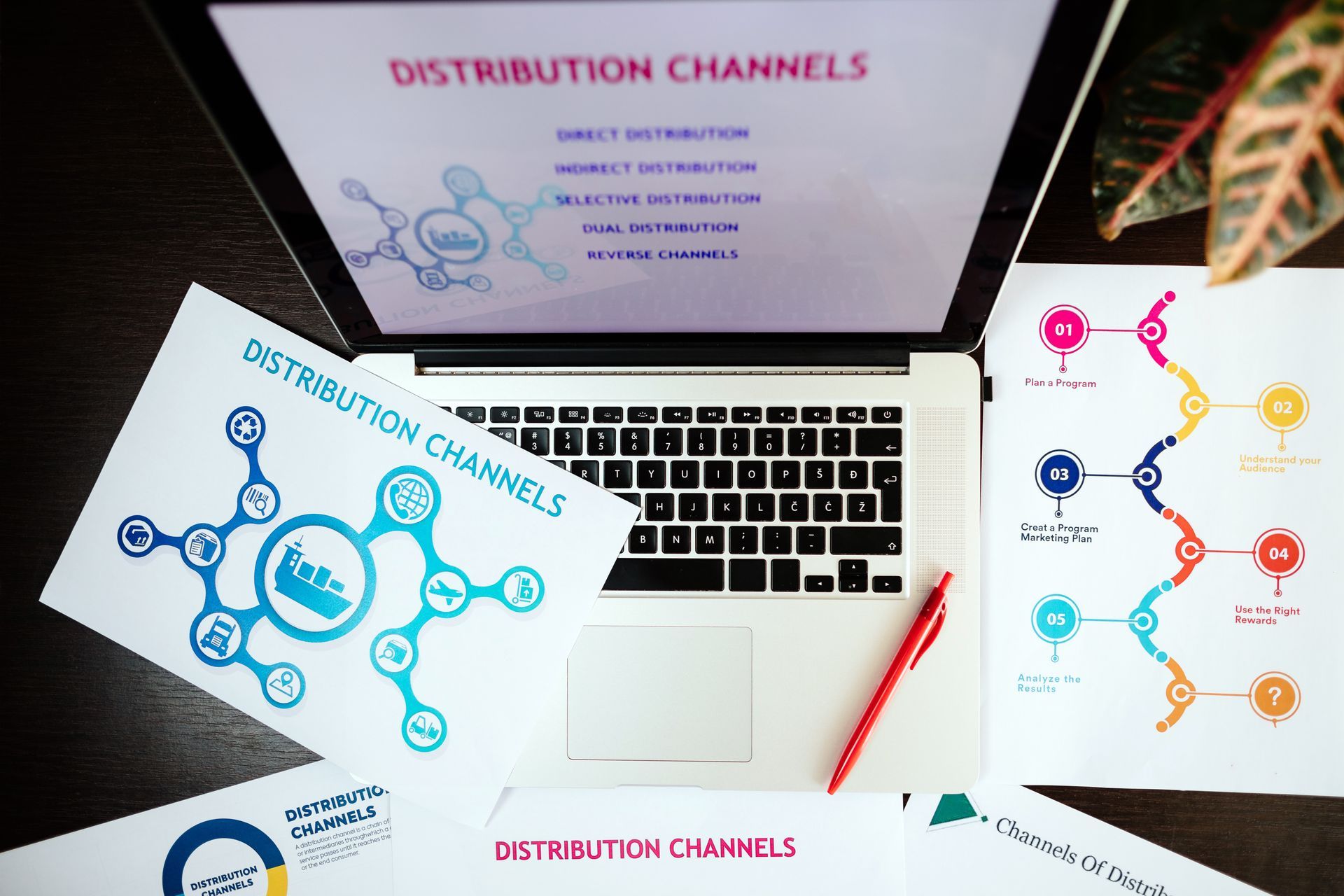The New Reality of Data Privacy Enforcement
The world is cracking down on data privacy. How will you get ahead?
In the last 30 days, data privacy has seen an unprecedented wave of enforcement actions being taken against several major corporations. The FTC has sued data companies Kochava and Oracle for privacy noncompliance, while California’s attorney general has set a precedent for the enforcement of the California Consumer Privacy Act (CCPA) with a lawsuit against beauty retailer Sephora.
Kochava and Oracle are both being sued for the collection and sale of sensitive consumer data without the knowledge and consent of the individuals they track, breaking both state and federal laws and data privacy regulations. Sephora was sued for violations of the CCPA and has since reached a $1.2 million settlement. Though sued for violations of different laws by different regulatory bodies, the common thread here is that governments are starting to crack down on customer privacy and the way corporations are handling data.
The Sephora settlement specifically is huge for state privacy laws. Since the CCPA went into effect, people have assumed that it just doesn’t have the teeth to incentivize companies to follow regulations. Not only does this lawsuit set a precedent for the strict enforcement of the CCPA, it also foreshadows the swift and thorough enforcement of the CPRA, the much stronger version of the CCPA that is set to go into effect in a few short months. The CPRA gets rid of safety nets for companies and creates the CPPA as a new enforcement agency, making it easier to implement CPRA regulations. Several other states, including Colorado and Virginia, have modeled their own data privacy laws after California’s. As one state starts enforcing its laws, we can naturally anticipate that others will soon follow suit.
But how do these lawsuits affect your company? Navigating and complying with all these new regulations is a time sink, and without traditional data collection methods, your marketing and customer data are going to suffer. Now is the time to switch to using first-party cookies to make sure you stay ahead of the fallout. Companies need to get better at aggregating and analyzing their first-party data to understand true marketing performance and customer satisfaction, or these lawsuits are just going to be the beginning of many.
LayerFive can help businesses stay ahead and remain privacy compliant, while improving performance and getting the most out of their marketing dollars. With an easy-to-use customer data platform and industry-leading marketing attribution, all without third-party cookies, your business can continue to grow and adapt despite increased regulations.
You might also like:




